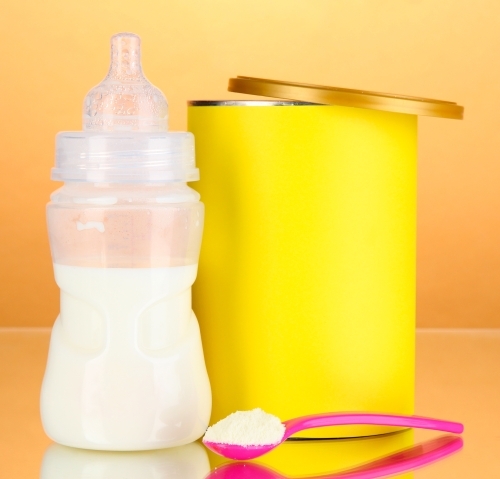Foods for particular nutritional uses (PARNUTs) are currently regulated under the PARNUTs Directive, differently from other food products. Problems with the application of the Directive include overlaps with other food legislation, legal loopholes, and inconsistent national interpretation. To remedy these problems, the Commission has proposed to replace the PARNUTs Directive with a new Regulation applying to a much more limited group of foods.
PARNUTs food in the EU

PARNUTs food is consumed by persons with particular nutritional requirements, including infants and young children, persons with digestive system disorders, athletes and people on low-calorie diets. PARNUTs food represents 1 to 2% of the European food market (around €24 billion annually).
The current PARNUTs Framework Directive 2009/39/EC is based on an approach introduced in 1977. It applies to a broad category of ‘dietetic foods’. The Directive is complemented by specific legislation concerning infant food, slimming food, and food for persons with gluten intolerance.
Since the introduction of the PARNUTs Directive, developments in the food sector have introduced new foods which could be classified as both PARNUTs and normal foods, for example food supplements for pregnant women.
Food legislation has also evolved, notably with the 2011 Food Information to Consumers (FIC), 2006 Nutrition and Health Claims, and 2006 Fortified Food Regulations and the 2002 Food Supplements Directive.
This legal framework causes problems because the interpretation and enforcement of PARNUTs legislation in Member States is inconsistent. There are legal loopholes which facilitate ‘legislation shopping’, i.e. the notification of a product as a ‘dietetic’ food in order to avoid the stricter rules of the Nutrition and Health Claims Regulation.
Commission proposal
On 20 June 2011, the Commission adopted a proposal for a Regulation that would abolish the concept of ‘dietetic foods’, clarify the legal framework and close legal loopholes.
The proposed Regulation covers foods for infants and children up to three years old, and medical foods. All other foods covered by the current Directive would have then fallen under general food legislation.
EP and Council agreement
Parliament voted amendments to the proposal in first reading on 14 June 2012. In December 2012, Council and Parliament reached an early second reading agreement, which includes most of the EP’s first reading amendments.
It extends the scope to include ‘total diet replacement foods for weight control’, and adds an annex with substances that may be added to foods covered by the Regulation. It prohibits pictures of infants on the labelling of infant food, in order not to discourage breast-feeding. It would require adequate testing of engineered nanomaterials in food, in order to exclude health risks.
Foods for people with gluten and lactose intolerance – which were included in the EP’s amendments – are to be regulated under the FIC Regulation. The agreed text guarantees people with gluten intolerance at least the same level of protection that they enjoy today.
After Council adopted its position on 22 April 2013, the EP’s Environment Committee (rapporteur Frédérique Ries, ALDE, Belgium) voted on 29 May 2013 a recommendation approving the Council position.
The Association of European Coeliac Societies supports integrating gluten-free and low-gluten food into the FIC Regulation, provided that this does not lead to a loss of security. The PARNUTs foods industry (IDACE) and manufacturers of sports foods (ESSNA) welcome the reform of the legislation. The European consumer organisation BEUC disagrees with the inclusion of total diet replacement foods.








[…] rules. MEPs also decided upon new rules for specialised food products such as baby food and discussed a newlegal framework for […]